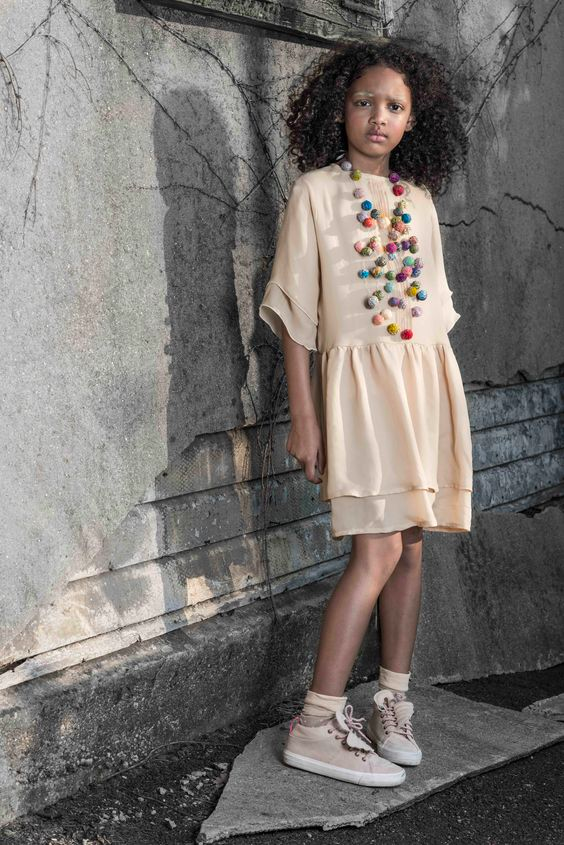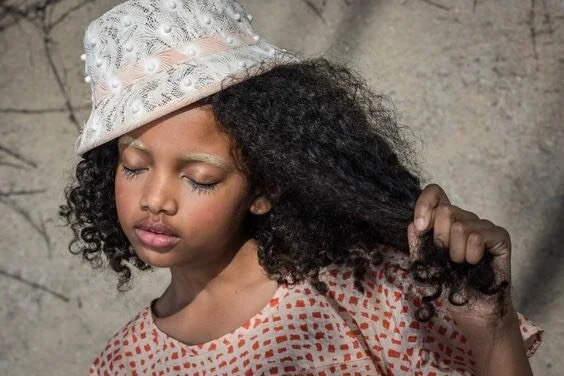June 12th, 2020
Don't Touch My Hair by Sydney Gardiner
What does it mean when a white woman says
“I just wanna touch your hair”
What about my hair makes that go up in the air?
Is it because it curls up
And makes a big despair
Is it because I wear my hair as my crown?
Sometimes allowing it to tip but never allowing it to fall
Risking it all
But with all this considered
Should I get bitter?
Should I be angry?
Or should I get handy and put up a fight?
Screaming anti-racism all night
Should I inform her on what she’s implying
Letting her know how I’m dying
Making a statement that might leave her crying
But instead of doing any of these things I just smile
And walk down the aisle
Letting her go on with her life thinking that what she said was okay
Running away from the race
Running away for this case
From the power, I am given every day
From the things that captivate my space
These thoughts linger in my head as I continue my day in a disarray
Am I really okay?
Letting her pass with what she’s implying
Lying
Telling her that it’s okay
Making everything I fight for
Just go away
Sydney Gardiner is a thirteen-year-old girl from New York City. Growing up in a big city, Sydney comes across many people, and the first thing they notice about her is her hair. For a long time, Sydney always received compliments about her hair from women of different races and ethnicities. She used to model, and the main thing people Sydney worked with loved about her was her hair. So, Sydney has always been used to the attention she got from her hair.
This particular time, however, was slightly different, and that’s why she chose to write about it. This time, instead of the compliment being, “OMG, your hair is so pretty,” it was, “OMG, I just wanna touch your hair.” This time, it was disrespect hidden behind a compliment, and that was not okay. Sydney was young at the time, maybe about ten years old, and she didn’t know how to take what the woman was saying. Sydney just knew that it was wrong. That is why she wrote this poem; she wanted other young girls of color to be informed about experiences they may have to go through because of their appearance. Sydney also wanted young girls that are not of color to understand their pain, and why it’s not okay to say things like that. But most importantly, Sydney wanted people of color to know that she stands with them, and she always will, because she knows their pain.



